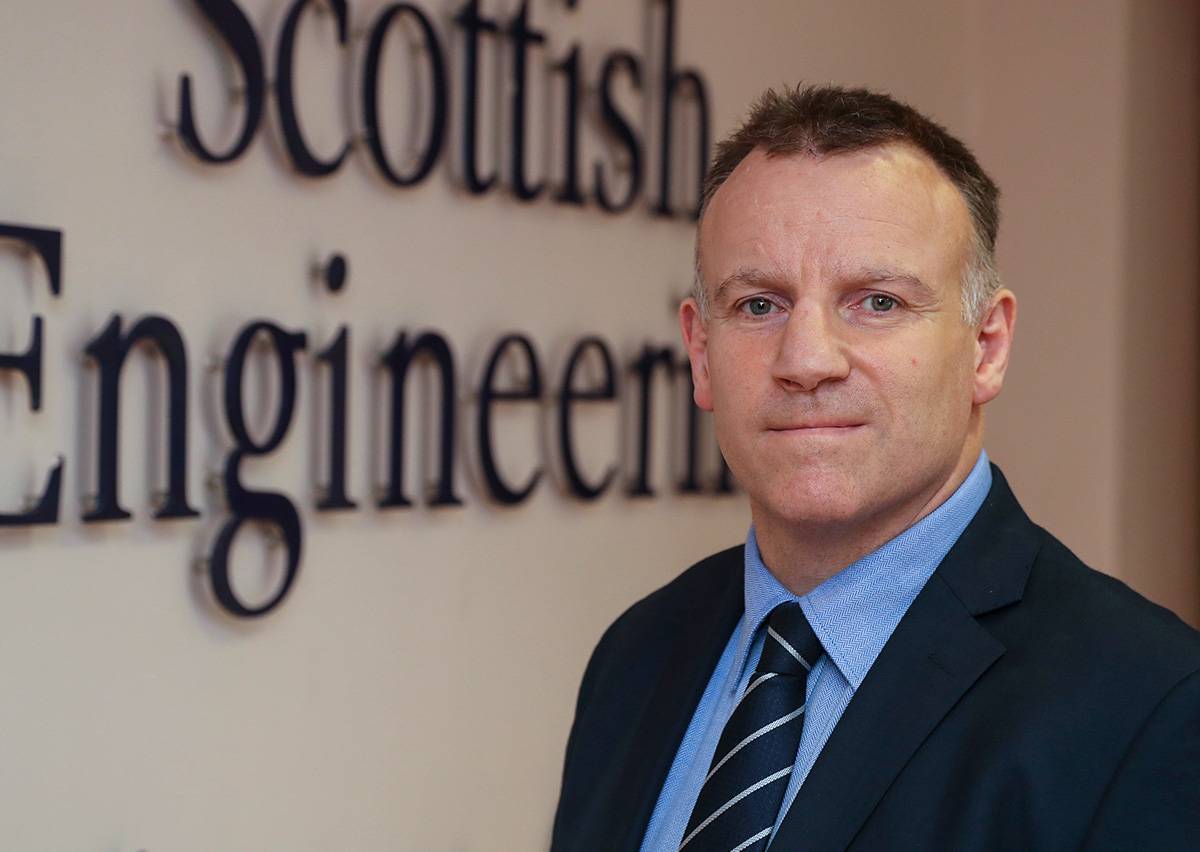Groundhog Day
Welcome to our first Quarterly Report of 2019. We start not as we would wish with an optimistic view forward, but instead trapped in the never-ending Brexit cycle where immediate clarity is desperately needed, but never actually expected. The gift that keeps on giving simply cannot be ignored, for as Brexit blunders on, the timeline to avert a cliff edge withdrawal is scarily close and therefore uncomfortably real.
I attended this week the manufacturing conference of Make UK (renamed from EEF) and Brexit concerns were the returning headline topic throughout the day. Andrew Neil, fresh from his decision to end his weekly politics show and in uncharacteristically entertaining form, took no prisoners in analysing where we were and where we may be going. He commented that a case can be made that it’s not unusual to have an incompetent government, and it can equally be argued that there have been plenty cases of ineffective opposition. He suggested however that, unlike buses, for both to come along at the same time was highly unusual and a key reason for the chaos we are experiencing. In warming to his theme he stated that “Brexit would have been tough enough with competent people who knew what they were doing”. After painting this panic inducing picture, he added the now common observation that politics and particularly voter intentions no longer follow the established rules and entertained us with reference to a new billionaire class reminiscent of Donald Sutherland in The Hunger Games.
Against this almost dystopian view of our political landscape his view forward was for me surprising, an expectation that the most likely outcome was a late in the day compromise to get behind a form of the current deal on offer, with a backup possibility to extend from the end of March date still more likely than a no deal exit. This scenario was repeated through the day by those speakers representing the UK Government, albeit with more emphasis on the qualifying phrase ‘we are working as hard as possible to achieve…’. At the time of writing further distraction continues with resignation of MPs from the two main UK political parties, although it has to be acknowledged that these are for a variety of reasons. Nonetheless, it all adds to the noise, and subsequently I have to admit that it’s hard for me to see how the current political pantomime will stop in time to let such sense break out. It is however exactly what is needed and therefore we must once again hope for the best, whilst continuing to ready ourselves for all possible eventualities.
Against that background our Quarterly Review figures at first glance look broadly positive, with orders, output and staffing all showing significantly positive both in review and forecast. Concern exists that these figures may be boosted by understandable contingency planning that is raising inventory across supply chains. This view underlines that whatever inventory is being built, we all understand that this will need to be unwound to return working capital to optimum, and that unwinding may feel like a dip even if the real end user demand remains steady.
Regardless of what happens next, the world will keep turning and our Industry will do what it has done through every challenging period since industry began: rise to the challenge, make the most of the strengths and attributes our business communities undoubtedly have, and look to improve to increase competitiveness regardless of the obstacles arriving. In that respect its good to see that Capital and Training Investment plans remain positive, with Training Investment the highest as companies look to increase productivity through training.
For Scottish Engineering, a key addition to our training offer this year is our partnership programme with Equate Scotland and SEMTA, and I’m delighted that Talat Yaqoob, Director of Equate Scotland, has explained that programme in detail as our guest back page contributor. Improving our gender balance in Engineering and Manufacturing is compelling not because it’s the right thing to do but because it will improve our productivity and sector sustainability. Scottish Engineering see this programme as a key part of enabling that improvement, because in this respect, good intentions are not enough, change will require commitment to training and company culture to achieve this.
Paul Sheerin
Chief Executive
Scottish Engineering











